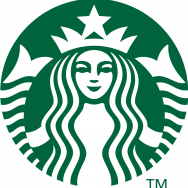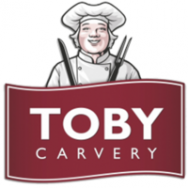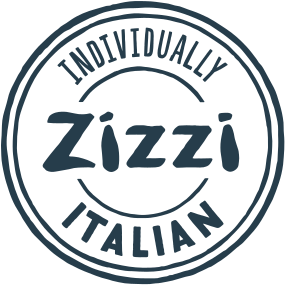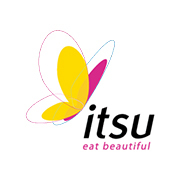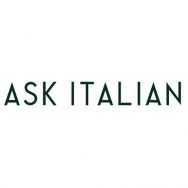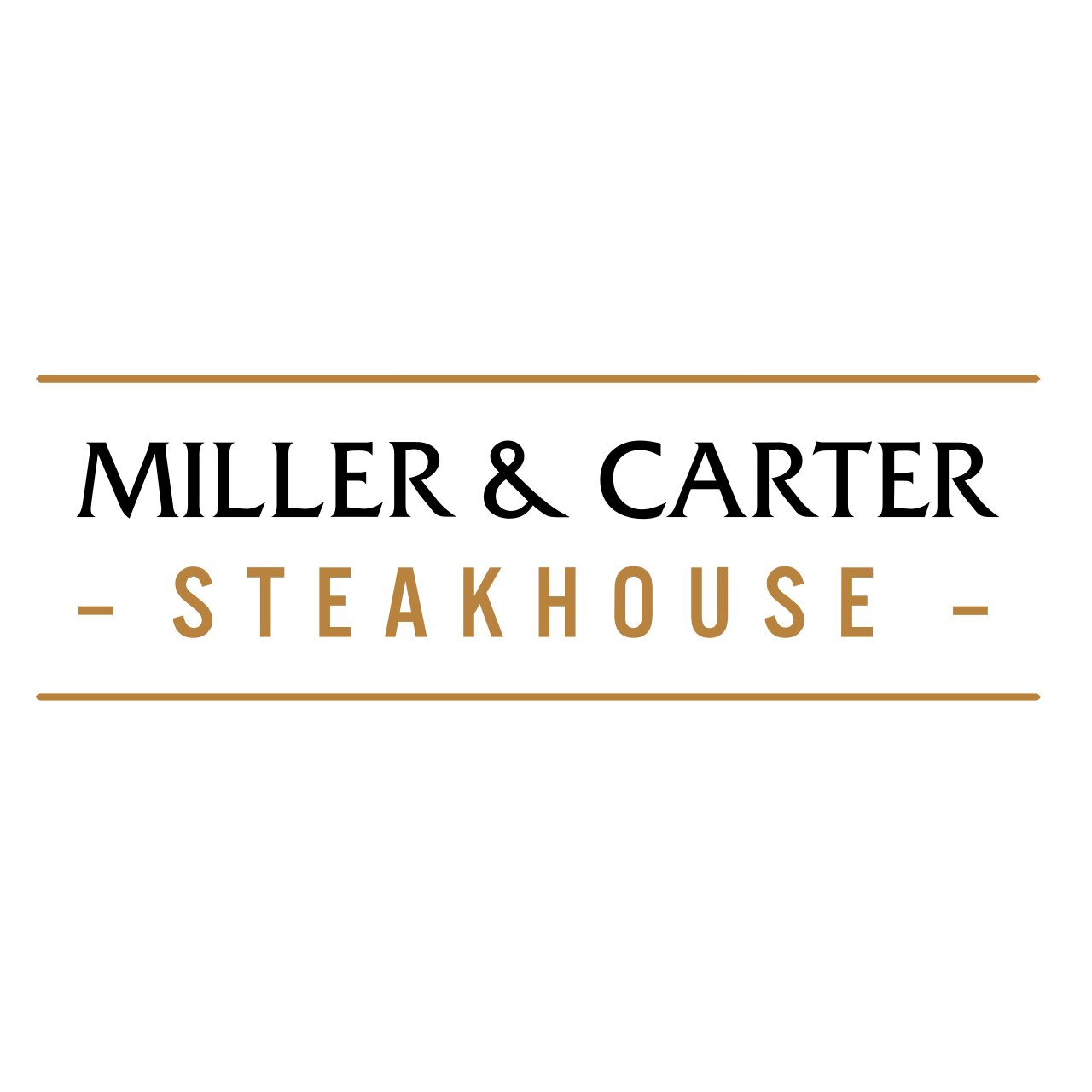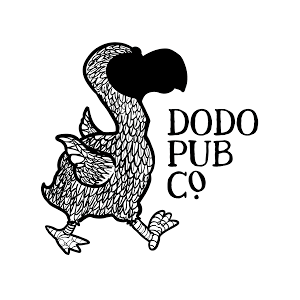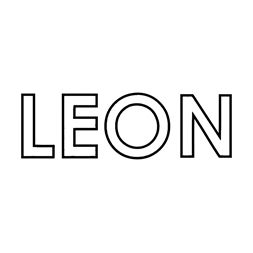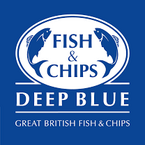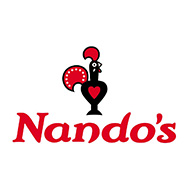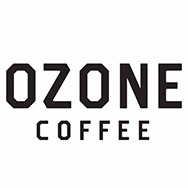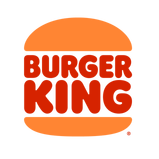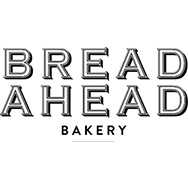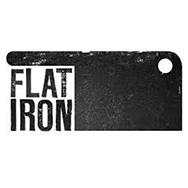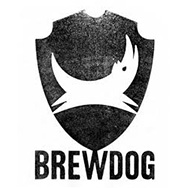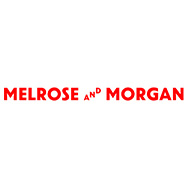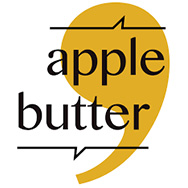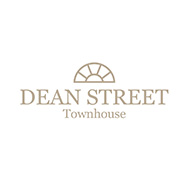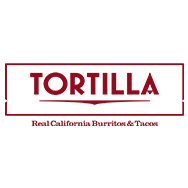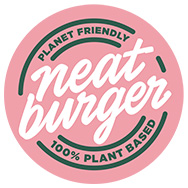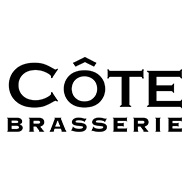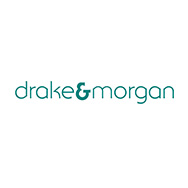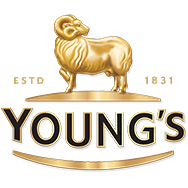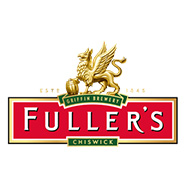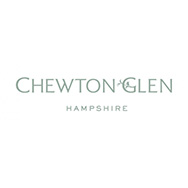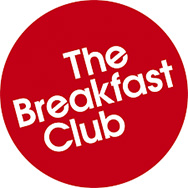On 3 July, the government published its 10-year health plan for England, titled ‘Fit for the Future’. The full plan can be found here and maps out a high-level, integrative plan for “getting the NHS back on its feet”. Here are the key points affecting the food industry:
FOOD & DRINK REGULATION
- Soft Drinks Industry Levy: A consultation is currently underway proposing a reduction in sugar thresholds which includes the removal of exemptions for milk-based drinks.
- Retail promotions: Restrictions on volume price promotions for unhealthy foods will begin on 1 October, while aisle placement restrictions are already in place. However, the current government believes introducing “smarter regulation, focused on outcomes” will enable elements of this legislation to be repealed.
- Nutrient profiling: The outdated 2004 nutrient profile model will be revised to better categorise food healthiness.
BUSINESS & INDUSTRY MEASURES
- Smart regulation: The government aims to replace rigid, excessive rules with outcome-focused regulation, which will be used “where necessary”. Albeit vague, this will encourage innovation while maintaining a level playing field.
- Mandatory reporting: By 2029, large food companies must report on healthy food sales. This data will improve transparency, inform future policy, help consumers make healthier choices, and guide investors. Support for this has already been expressed by manufacturers and retailers.
- Health targets: Using mandatory reporting, new targets will be introduced to increase sales of healthy foods. Companies can choose how to meet these — via reformulation, store layout changes, new healthy products, or changes to customer incentive or loyalty schemes.
CHILDREN & SCHOOLS
- Advertising restrictions: Commitments to restrict junk food ads aimed at children and ban high-caffeine energy drinks for under-16s are being implemented.
- Planning policy: Local councils will gain stronger powers to block fast-food outlets near schools.
- School meals: Legislation will be updated to make sure all schools provide nutritious food.
ALCOHOL & NO-LO PRODUCTS
- Labelling: Alcoholic drinks will be required to display consistent nutritional and health warnings, aligning with tobacco and food labelling standards.
- Alcohol-free definition: A consultation will consider redefining “alcohol-free” as ≤0.5% ABV to match international norms.
- NoLo regulation: The government will explore treating NoLo (no- and low-alcohol) products like regular alcohol, including banning sales to under-18s.
Need a hand managing your Food Safety?
Whether it’s improving an existing Food Hygiene Rating or getting ahead of that first inspection for a new opening, Food Alert’s team of qualified Environmental Health Practitioners are on-hand to help. Just pop your details in the form and we’ll be in touch!
Take a look at our free resources
From top tips to checklist and guides, our team of experts have put together a suite of free resources to help you with your food safety!
Pop your details in the form below to access your download
Brands we protect
From internationally recognised brands with sites all over the country to small, family-run independent businesses, our team of experts and customisable software can help.




